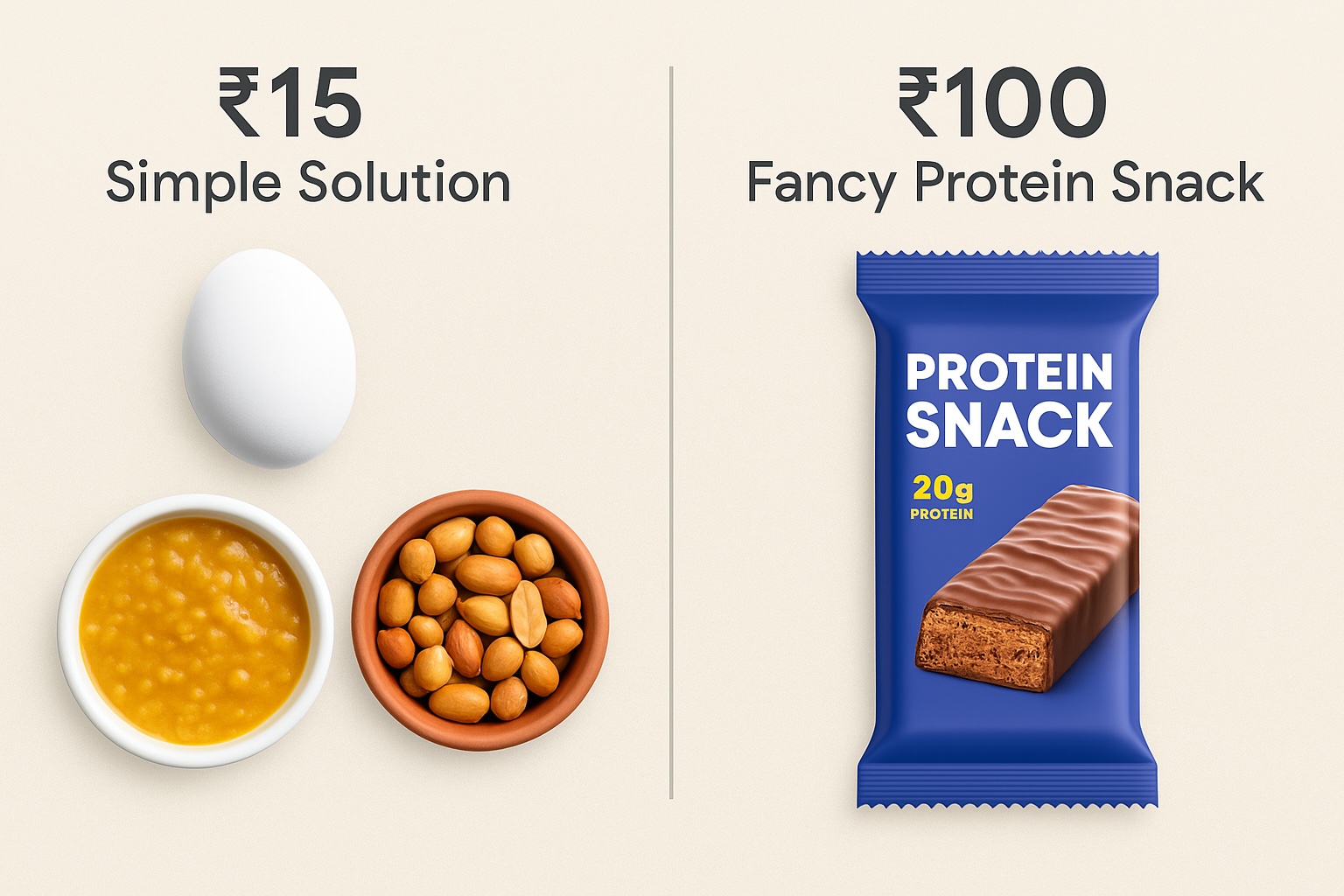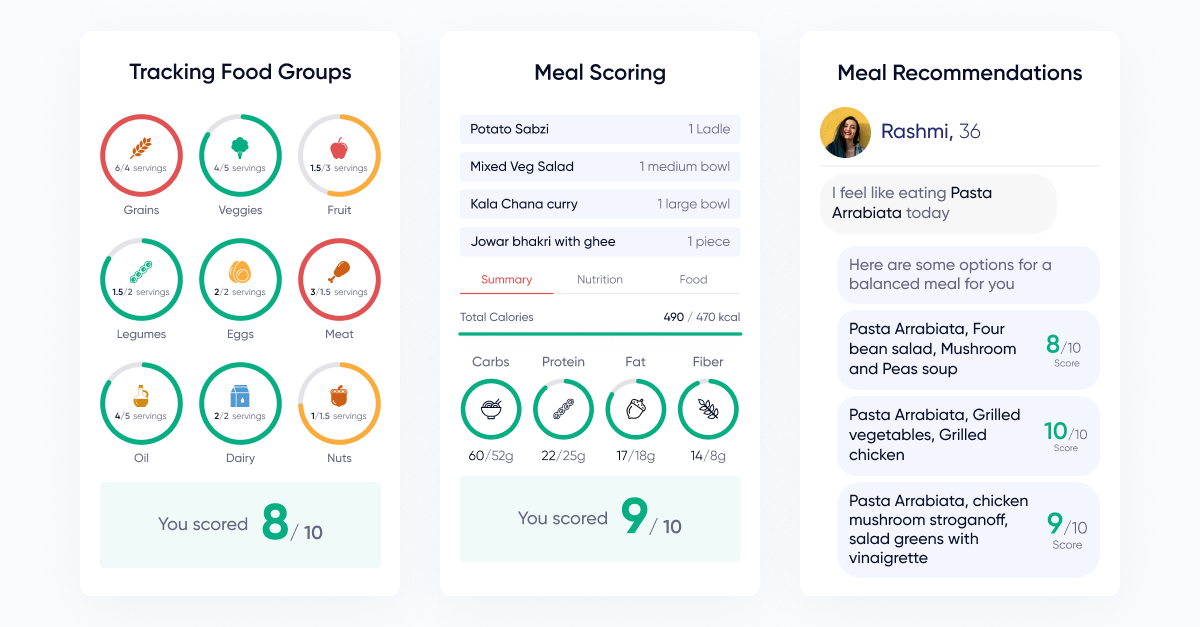
Irritable Bowel Syndrome (IBS) is rapidly becoming one of the most common digestive health challenges in India. With rising stress, lifestyle changes, and evolving food habits, more and more people are struggling with bloating, abdominal pain, and irregular digestion.
One of the most effective ways to manage IBS is through a FODMAP diet.
FODMAP stands for Fermentable Oligo-, Di-, Mono-saccharides and Polyols — types of carbohydrates that can be hard to digest. When poorly absorbed in the gut, they cause water to move into the intestine and get fermented by gut bacteria, leading to gas, pain, and discomfort.
Here’s the surprising part: many foods that are considered “healthy” for the general population are high in FODMAPs.
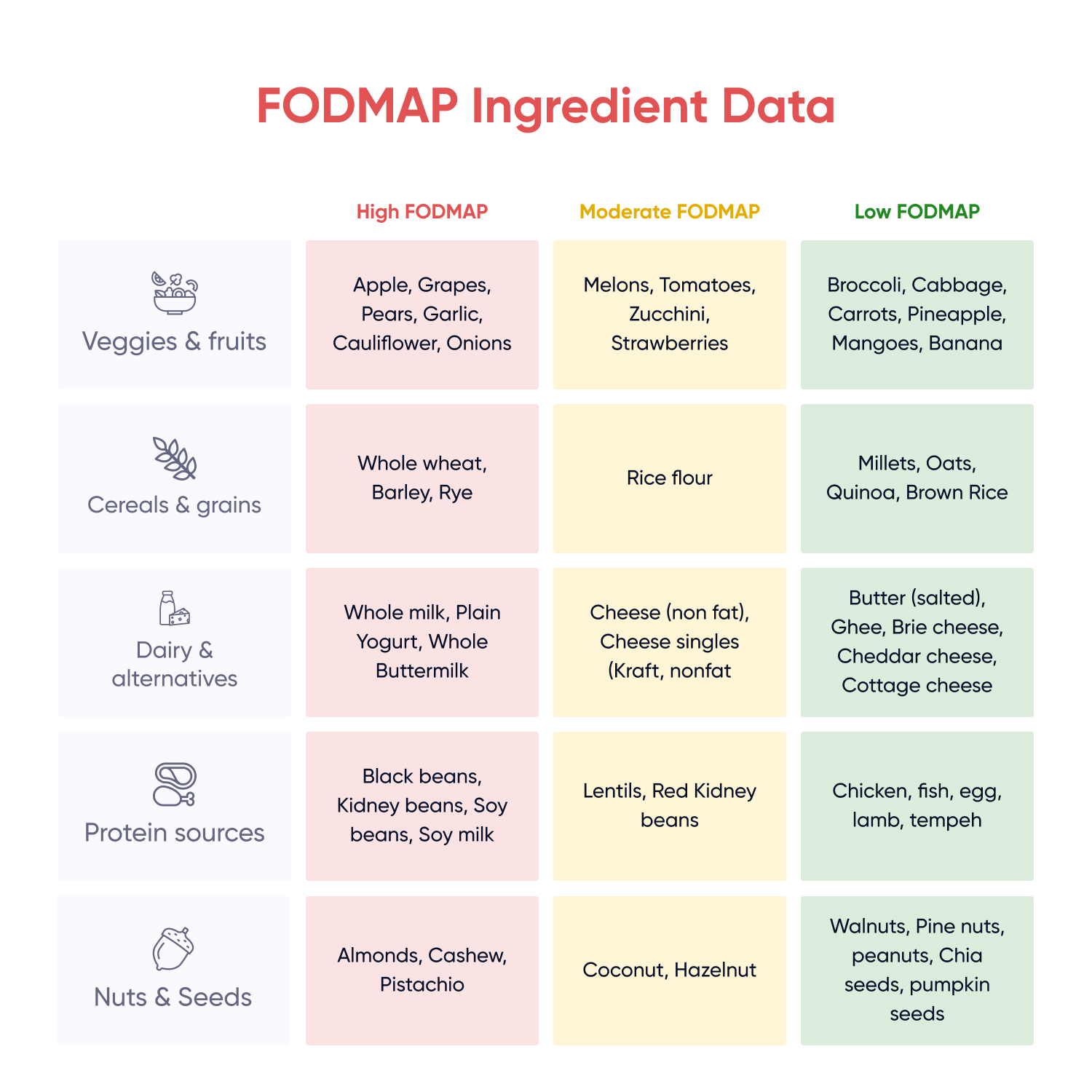
Managing IBS isn’t about cutting out entire food groups — it’s about knowing which foods trigger symptoms, in what quantity, and what safe alternatives exist.
That’s where nutrition data and food databases make all the difference. At Bon Happetee, we’ve built one of the most comprehensive Indian food nutrition databases, with detailed FODMAP tagging for both ingredients and prepared meals.
We don’t just stop at labeling foods as “good” or “bad.”
This approach transforms nutrition from overwhelming restrictions into practical, actionable insights.
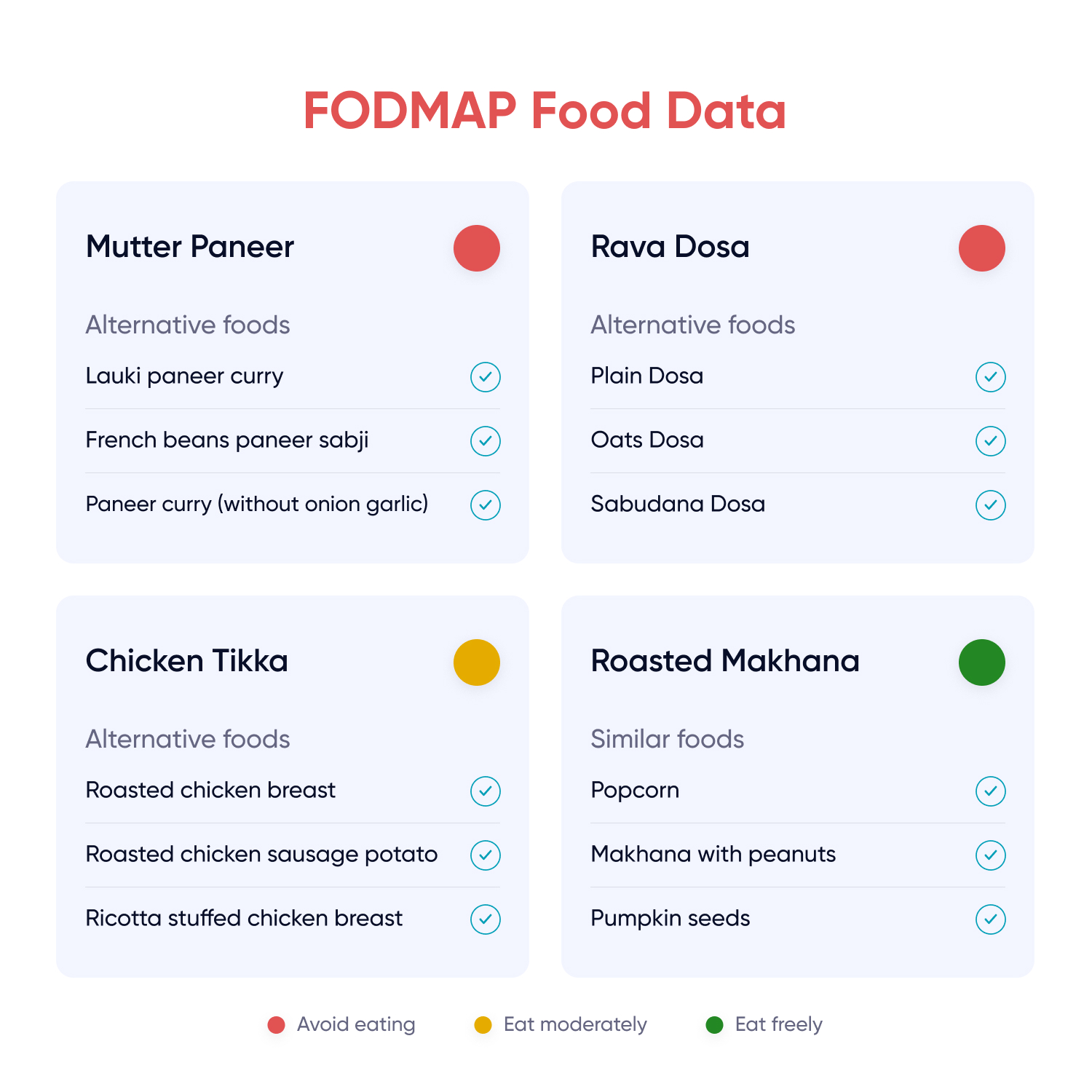
Our data is already being used by some of India’s top pharmaceutical companies in IBS programs. And we see a growing opportunity for digital health apps, gut health platforms, and condition-specific diet solutions to leverage our database.
The right nutrition API and accurate Indian food calorie values can empower apps to go beyond calorie counting and provide condition-specific diet guidance — exactly what patients with IBS need.
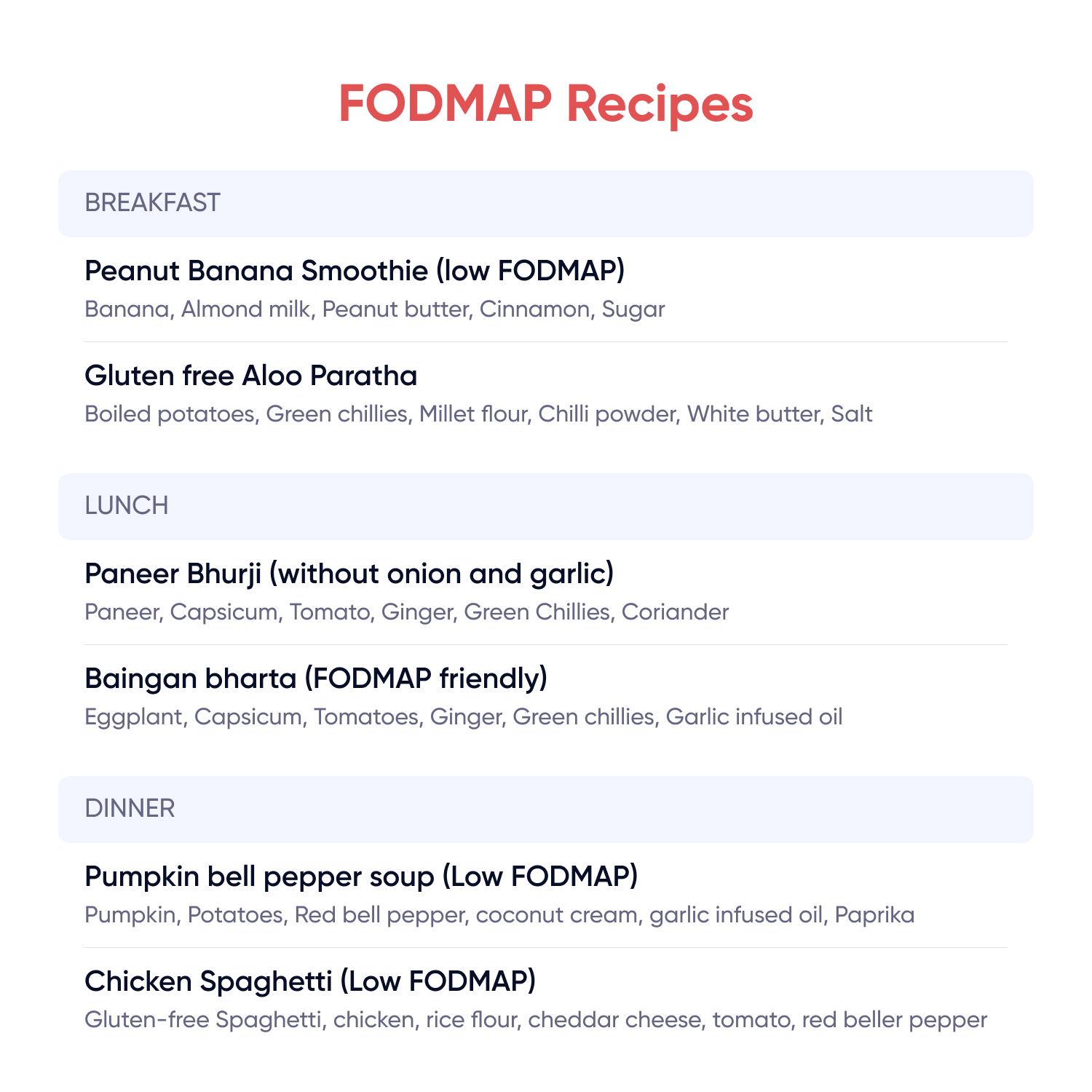
IBS is not going away anytime soon. But with the right nutrition intelligence, food data APIs, and ingredient-level tagging, we can make life simpler and healthier for millions of Indians.
If you’re building a digital health solution for IBS, gut health, or personalized nutrition, let’s connect. Together, we can make managing IBS less about restrictions and more about smart, sustainable food choices.

